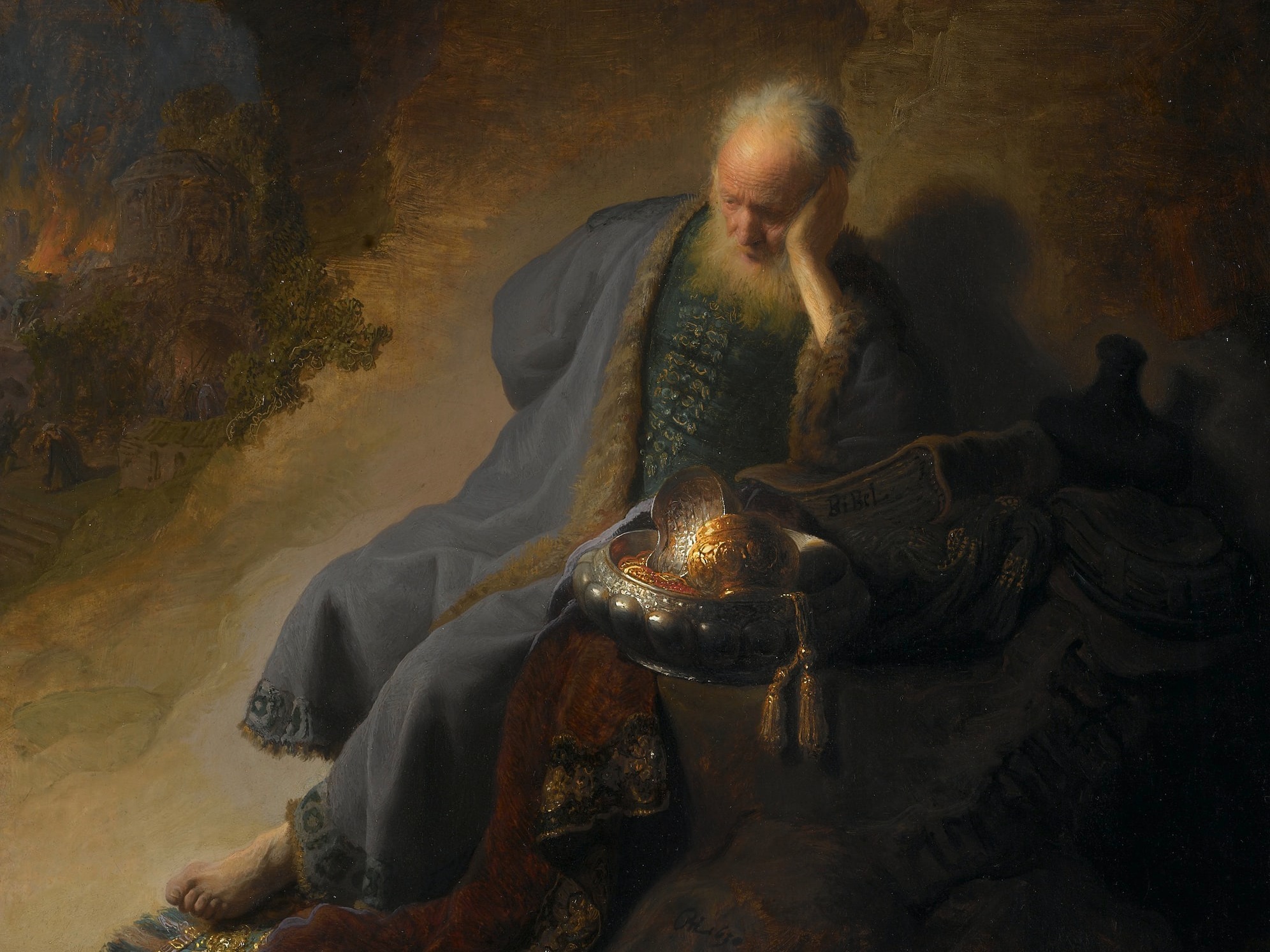Earth Lament
God on Monday
Read previous
Rouse yourself! Why do you sleep, O Lord? Awake, do not cast us off for ever! Why do you hide your face? Why do you forget our affliction and oppression? For we sink down to the dust; our bodies cling to the ground. Rise up, come to our help. Redeem us for the sake of your steadfast love (Ps 44.23-26)
What on earth am I here for? Welcome to the third God on Monday reflection on purpose and the environment!
Life is marked by pain. Lament, therefore, is a natural part of being human and it deserves an honoured place in a Christian worldview. This truth dawned on me when as a student I read Lament for a Son, by the philosopher Nicholas Wolsterstorff. In this moving memoir, he reflects on losing his 25-year-old son in a climbing accident.
The importance of lament in scripture is highlighted by the fact that an entire book is dedicated to it – the Book of Lamentations. Lament can also be found in other biblical books, most notably the Psalms, as the citation above demonstrates. The language in that citation is daring - God is pictured as asleep, in hiding, and forgetful. Complaints against God in the God-breathed Bible can be very outspoken!
Outspoken is a good descriptor of much environmental campaigning today. But for such campaigning to be effective, it also needs lament. While lament may involve anger and indignation, it is chiefly about mourning. And the grief it expresses is not focused on the loss and harm caused by others but on that caused by us. For while Psalm 44 is one of a small group of Psalms that contains assertions of innocence, it also acknowledges the need for redemption.
Acknowledgement of this need ensures that biblical lament is ultimately hopeful. Even the Book of Lamentations contains wonderful glimpses of God’s grace and covenant faithfulness. Its author (generally thought to be Jeremiah) mourns the destruction of Jerusalem and the exile of its people at the hands of the Babylonians. Yet God is declared as the Lord of hope, love, faithfulness, salvation and restoration. Despite all evidence to the contrary, ‘The steadfast love of the Lord never ceases, his mercies never come to an end; they are new every morning; great is your faithfulness’ (Lam 3.22-23).
From all this we can learn two important things about God’s purpose for us as we act as stewards of creation at this time of climate crisis. First, we need to supplement frustration and anger at the human degradation of nature with lament, especially lament at the part we ourselves have played in that destruction. Second, that we need to season that lament with trust in the God of hope, love, faithfulness, salvation and restoration. With these two distinctives, we will enrich environmental debate and action and help bring about the healing of God’s good earth.
Peter S Heslam, Director of Faith in Business.
Read next
The image above is taken from Jeremiah Lamenting the Destruction of Jerusalem, by the Dutch artist Rembrandt van Rijn (1630).